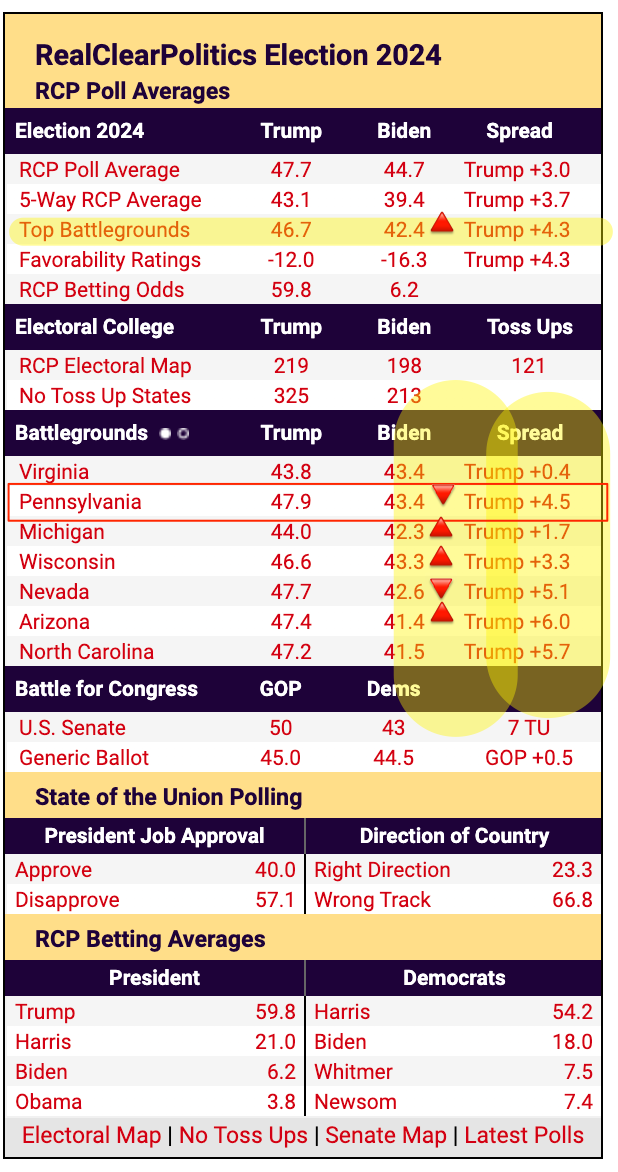If you’re looking for a high-quality dividend ETF then there’s a good chance that you’ve come across the Schwab US Dividend Equity ETF (Nysearca: SCHD) before. This ETF is highly regarded by investors. So much so that CNBC and Morningstar have called it the gold standard for dividend funds. Is this ETF a must-have for your dividend portfolio? Or, are there better options out there?
What’s an ETF?
As a quick reminder, an exchange-traded fund (ETF) is a financial product that tracks an underlying index, sector, or asset class. If a stock were a fruit then buying an ETF is a bit like buying a fruit basket, you get many small pieces from lots of different fruits.
Many investors prefer buying ETFs because they help you easily diversify your portfolio. Buying shares of an ETF essentially means you never have to worry about picking the right stocks.
For example, let’s say that you’re bullish on the future of AI. But, you aren’t sure which company(s) will emerge as leaders in AI over the coming years and you don’t want to risk investing in the wrong companies. In this case, you could simply invest in an ETF that tracks a range of AI stocks instead of trying to handpick certain companies.
You can read more about how ETF investing works here. Now, let’s discuss Schwab US Dividend Equity ETF (SCHD).
What is SCHD?
The Schwab US Dividend Equity ETF is a passive ETF whose goal is to “track as closely as possible, before fees and expenses, the total return of the Dow Jones U.S. Dividend 100™ Index.” This means that SCHD tracks the top 100 biggest, most reliable dividend-paying companies in America.
Buying shares in this fund is a low-cost and tax-efficient way for investors to get access to some of the most financially stable companies that pay consistent, reliable dividends. If you buy shares in SCHD then you won’t have to worry about researching individual dividend stocks.
Additionally, an expense ratio of 0.06% means you will only pay $0.60 in fees for every $1,000 that you invest. This is much lower than many actively managed funds. But, still not as cheap as doing your own research.
The SCHD focuses on the quality and sustainability of dividends, mainly looking for companies that increase their dividends over time. Its five biggest holdings are:
Cisco Systems (Nasdaq: CSCO) which makes up 4.12% of the index
AbbVie (NYSE: ABBV) which makes up 4.11% of the index
Home Depot (NYSE: HD) which makes up 4.06% of the index
Amgen (Nasdaq: AMGN) which makes up 4.04% of the index
Chevron (NYSE: CVX) which makes up 4.04% of the index
This stock-based index is most concentrated in the following five industries:
Financials which makes up 17.42% of the index
Healthcare which makes up 15.71% of the index
Consumer Staples which makes up 13.89% of the index
Industrials which makes up 13.51% of the index
Energy which makes up 12.84% of the index
Should You Buy SCHD?
This depends on your investment strategy and goals. However, if you’re an investor looking to get exposure to a wide range of high-quality dividend stocks then SCHD certainly presents a good solution. This fund has a long and proven history of consistently increasing its dividend payout.
Here’s a quick snapshot of its dividend payments over the past few years (it pays dividends quarterly):
Q1 2024: $0.8241 per share
Q1 2023: $0.5965 per share
Q1 2022: $0.5176 per share
Q1 2021: $0.5026 per share
Q1 2020: $0.4419 per share
You can see that the fund has consistently increased its dividend payments over the years. However, there were a few quarters where dividend payments dipped (mainly, in the wake of the 2020 pandemic).
Since 2020, SCHD’s stock price has also increased by roughly 34%. This shows the year-over-year dividend and stock appreciation growth that you can expect to experience from this fund. But, remember that past performance is not a guarantee of future results.
That said, a dividend ETF like SCHD might not be the best choice for investors with a longer time horizon. If you plan to keep your money invested for a longer period of time (say, 10 years or more) then you might be better off sticking with a regular ETF.
Dividend ETFs Vs Stock Market ETFs
Dividend ETFs are popular for their ability to reliably pay money to investors via dividends. Some investors rely on these dividends for income. But, many investors choose to reinvest the dividends back into the fund. If your goal is long-term capital appreciation then you might be better off going with a general stock market ETF.
Stock market ETFs can often outperform dividend ETFs. For example, consider an ETF like the SPDR S&P 500 ETF Trust (Nysearca: SPY) which tracks the overall performance of the S&P 500. Or, the Fidelity NASDAQ Composite Index ETF (Nasdaq: ONEQ) which tracks tech-centric NASDAQ index. Here’s how these two ETFs have fared against the SCHD since 2020:
SCHD: 34%
SPY: 70%
ONEQ: 101%
Dividend ETFs are great because they reliably pay dividends. But, they also tend to track later-stage companies whose high-growth periods are behind them. This means that they could miss out on sector-specific rallies – such as the recent artificial intelligence rally. This is why dividend ETFs can often underperform the broader market, in terms of stock price appreciation. However, keep in mind that the above returns do not factor in reinvested dividends, so it’s not entirely an apples-to-apples comparison.
Ultimately, SCHD is a great choice for investors who are looking for an ETF that reliably pays increasingly growing dividends. But, it might not be the best idea for investors who prioritize stock price appreciation and have a longer time horizon.
You can learn more about ETF investing here:
5 Monthly Dividend ETFs for Income Portfolios
ETFs That Short the Market
ETFs: Pros and Cons
I hope that you’ve found this article valuable when it comes to learning about SCHD and whether or not you should buy it. If you’re interested in learning more then please subscribe below to get alerted of new investment opportunities from InvestmentU.
Disclaimer: This article is for general informational and educational purposes only. It should not be construed as financial advice as the author, Ted Stavetski, is not a financial advisor. Ted also did not own shares of SCHD at the time of writing.
Ted Stavetski is the owner of Do Not Save Money, a financial blog that encourages readers to invest money instead of saving it. He has five years of experience as a business writer and has written for companies like SoFi, StockGPT, Benzinga, and more.
























